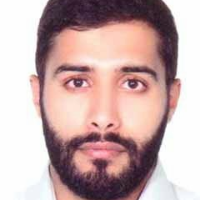Religious effects and rules of transplanted organ in Imami jurisprudence
Nowadays, with regard to progress of medical science, in some cases, people transplant organs due to illness, accidents, etc. Imami jurists have allowed organ transplantation based on some conditions. But this question arises: what is the rule of this new organ-which is an artificial organ or an organ separated from an animal or human-in terms of jurisprudence, and what is the duty of the person who has transplanted while doing religious duties (ablution, Ghosl, prayer and Hajj)? The purpose of this research is analyzing the religious effects and rules of transplanted organs.
In order to explain religious duty of a person who has transplanted, this descriptive-analytical research aims to study the rules of organ transplantation by separating the different cases while studying the narrations related to the issue and jurisprudential rules and texts.
In natural organs (both human and animal body parts) if the transplanted organ welds, is a part of the person's body and is pure. Also, about parts without soul-except for the parts of an impure animal-even if the part is not welded, it is pure. But in this case-unlike the previous case-it is not considered a part of the person's body, so there is no need to wash or anoint it while ablution or Ghosl. About the organs with soul, even though they are impure as long as they are not transplanted, but in case of necessity and urgency, there is no problem in praying with them. Also about artificial organs, if the parts of an impure animal are not used in them, they don’t affect the validity of the prayer.
-
A Proposition in an Acratic Marriage in Interreligious Marriage
Marzieh Ferdowsi Dolat Shanloo, Mohammadreza Kaykha *,
Journal of Studies in Islamic Law & Jurisprudence,



